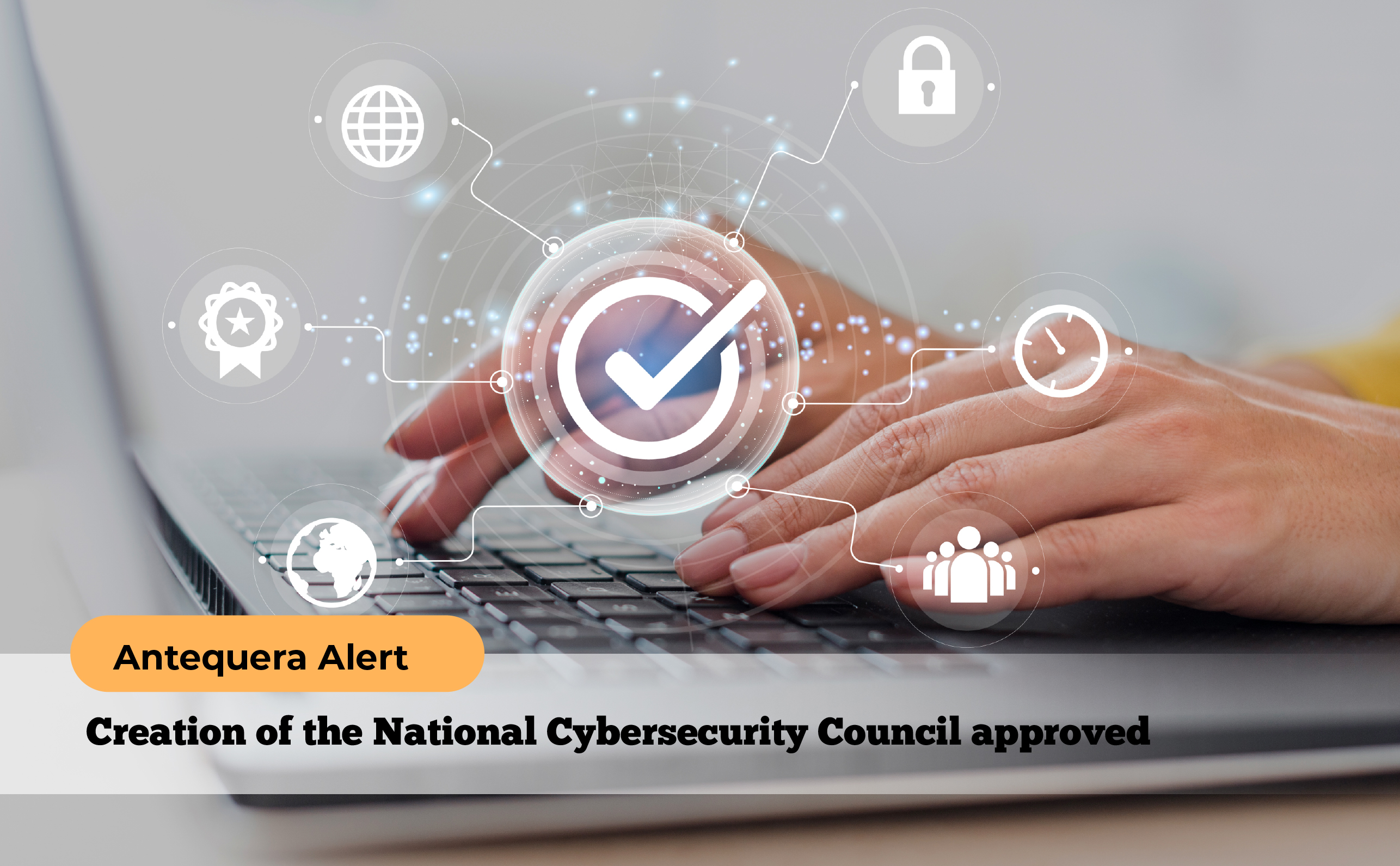
On August 20, Decree No. 4,975 of the Office of the President of the Republic was published in the Official Gazette No. 42,939, establishing the National Cybersecurity Council. This council serves as a permanent advisory and consultative body on the prevention of criminal uses of communication and information technologies. According to the decree, cyberspace is considered a matter of public and strategic interest.
The Council will operate under the authority of the President and will consist of representatives from the following entities: the Executive Vice Presidency; the Ministry of Defense; the Ministry of Science and Technology; the Ministry of Economy, Finance, and Foreign Trade; the Ministry of Foreign Affairs; the Ministry for Internal Affairs, Justice, and Peace; the Ministry for Planning; the Ministry of National Commerce, and any other entity or individual as instructed by the President or the Coordinator appointed by the President.
A Coordinator will be appointed to convene the Council’s sessions, draft meeting minutes, and manage other official documents. The Coordinator will also facilitate requests for information and collaboration with various grassroots organizations, competent authorities, and both public and private sectors.
The Council will have, broadly speaking, the following functions and powers:
- Establish a continuous telematic monitoring network to prevent, mitigate, and manage cybercrimes (including cross-border crimes), which will be connected to regional networks, in accordance with Article 41 of the United Nations document on the prevention of cybercrime.
- Request relevant information (data and statistics) from public and private entities.
- Invite representatives from other government bodies, public and private sector businesses, and grassroots organizations to its meetings.
- Promote cybersecurity training programs in educational institutions, research centers, and public and private entities, and create specialized teams in both the public and private sectors. It will also form Interagency Working and Emergency Committees to prevent cybercrimes.
- Encourage investments to strengthen the State’s telematic infrastructure and propose regulations, rules, and new laws to prevent cybercrime.
Finally, the National Cybersecurity Council will also have the following responsibilities:
- Advise the President and the National Defense Council on the development of national cybersecurity policy.
- Verify the level of compliance with the implementation of cybersecurity plans and regulations.
- Continuously assess risks and threats related to information security.
- Promote the formation of multidisciplinary teams specialized in cybersecurity within the public and private sectors.
- Establish its own rules for organization and operation.
Should you need further information, please contact us.







